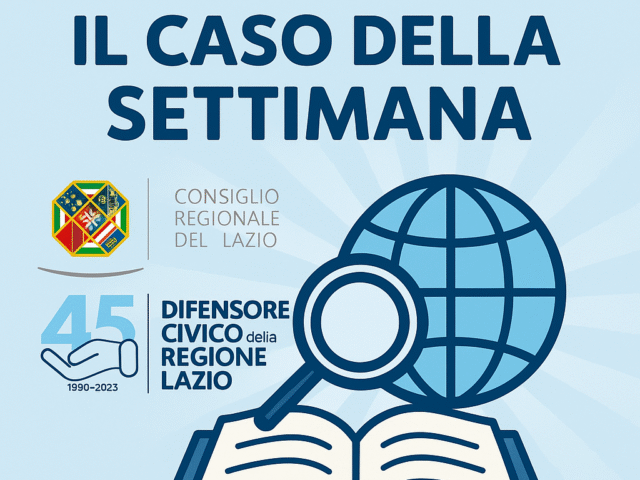(EO) Commission fails to address delays in the authorisation procedure for chemicals
Date of article: 01/07/2025
Daily News of: 04/07/2025
Country:  EUROPE
EUROPE
Author: European Ombudsman
Article language: en
News - Date Tuesday | 01 July 2025 Case OI/2/2023/MIK - Opened on Thursday | 08 June 2023 - Recommendation on Tuesday | 01 July 2025 - Decision on Friday | 27 June 2025 - Institution concerned European Commission ( Maladministration found ) - Country France
-
Inquiry opened
08/05/2023 -
Inquiry ongoing
08/06/2023 -
Preliminary outcome
17/10/2024 -
Inquiry outcome
27/06/2025
The European Ombudsman has closed an inquiry into how the European Commission decides on applications by companies for authorisations of particularly dangerous chemicals and concluded that it has failed to address the issue of lengthy delays in the process.
The Commission takes on average 14.5 months to prepare draft decisions although the deadline for doing so is three months. Last year the Ombudsman found maladministration and asked the Commission to take certain steps to improve the situation.
However, in its response, the Commission did not address the Ombudsman’s recommendation to review its lengthy internal procedures, nor did it accept the Ombudsman’s recommendation that applications containing insufficient information be promptly dismissed so that those companies can no longer use the dangerous substances in the EU.
Overall, the Commission did not present a comprehensive plan for addressing the delays.
The Ombudsman reiterates that the Commission needs to take further steps to fully implement the goals of the REACH regulation and recent case law to avoid the lengthy delays in the risk management of chemical substances.
REACH Regulation
Under the EU Regulation on the Registration, Evaluation, Authorisation and Restriction of Chemicals (REACH), companies wishing to use chemical substances that have been deemed as ‘of very high concern’ and included in the list of substances subject to prior authorisation must apply for authorisation from the Commission.
The Commission then presents a draft decision to the REACH Committee, composed of Member State representatives, who vote on authorisation.
While the authorisation process is ongoing, the companies concerned can continue using the substances in the EU - substances that may be carcinogenic, mutagenic, toxic for reproduction, or have endocrine disrupting properties.






